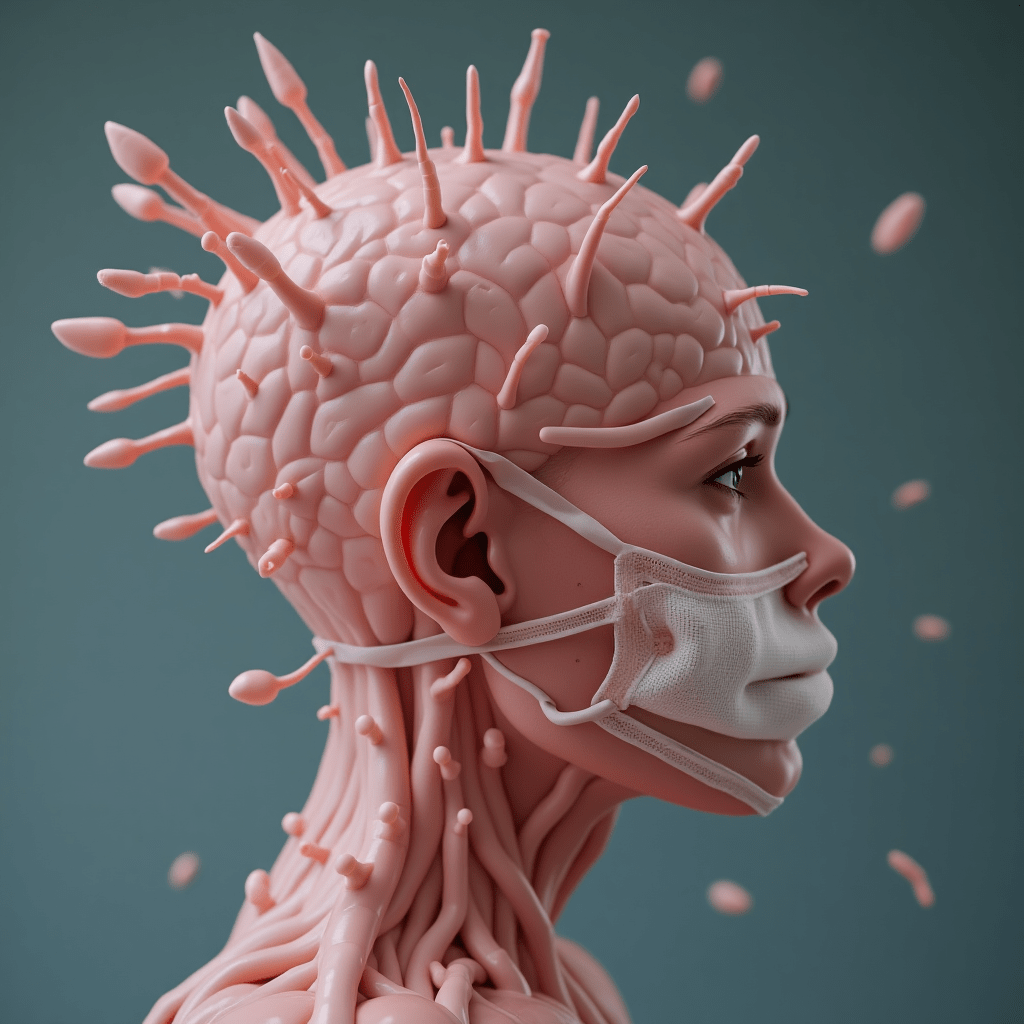Mental health is crucial to the health of our whole body and our overall growth. But it needs to get the attention it deserves. This article discusses mental health in detail. Yes, we will talk about its common challenges, types, and methods. You may understand mental health in the first step, whether it is yours or someone else’s.
What Is Mental Health?
Mental health represents what we think, feel, and behave in our daily lives. If our minds are healthy, we can easily handle the stress that can maintain good relationships with others, and make decisions.
In the UK, mental illness and health include such conditions which affect emotional or personal activities. From this, psychological function gets affected due to which it becomes difficult to cope with daily life. These issues may be different depending on mild anxiety to severe mental impairments.
Types of Mental Health Disorders
Different types 4 stages of mental health challenges that affect life. There is a list of challenges that anyone can face.
1. Common Disorders
- Anxiety Disorders: Feels excessive worry or fear.
- Depression: In this, feelings of sadness and loss of interest.
- Bipolar Disorder: Mood swings are common from high to low.
2. Severe Mental Impairments
- Schizophrenia: This is a complex condition. It deals a how a person thinks, feels, and behaves.
- Psychosis: Losing touch with reality.
3. Developmental Disorders
- Autism spectrum disorder (ASD).
- Attention Deficit Hyperactivity Disorder (ADHD).
4. Other Disorders
- Eating disorders (Anorexia or bulimia).
- Obsessive-compulsive disorder (OCD).
How Mental Health Problems Present
Mental health challenges can show vary widely. Sometimes, the symptoms are subtle or pronounced. For instance:
- Mild Symptoms: Feeling low or irritable.
- Severe Examples: Hallucinations or delusions in schizophrenia.
- Presents Beginning with “H”: Hallucinations and hyperactivity are common signs in conditions like psychosis or ADHD.

The Mental Health Continuum
Mental health exists on a difficulty continuum, meaning people move between states of health and ill health over time. The 4 stages of the mental health continuum include:
- Healthy: Feeling good mentally and emotionally.
- Reacting: Some stress or mild symptoms like irritability.
- Injured: Symptoms interfere with daily life, such as trouble concentrating.
- Ill: Severe impairment, Like inability to work or maintain relationships.
Causes of Mental Health Problems
There is a reason for 4 stages of mental health challenges. They often result from a mix of factors, including:
1. Biological Factors
- Genetics: If a family history of mental illness then increases the rate of mental illness.
- Brain Chemistry: Imbalances in neuro-transmitters
2. Environmental Factors
- Trauma or abuse.
- Social isolation or loneliness.
- Financial stress or unemployment.
3. Underlying Issues
- Chronic health conditions.
- Drug or alcohol abuse.
If you’re experiencing unusual symptoms then it’s normal to ask, “What is wrong with me psychologically?” The key is identifying the underlying issue to seek the right help.
Preventing and Managing Mental Health Issues
While not all mental health problems can be prevented, there are steps to improve resilience and manage symptoms:
1. Lifestyle Changes
- Exercise regularly.
- Maintain a balanced diet.
- Prioritize sleep.
2. Social Support
- Build strong relationships.
- Join support groups or communities.
3. Professional Help
- Therapy: CBT is a common treatment that is used to help mental health.
- Medication: Medication may be necessary if anyone can go through severe cases like schizophrenia.
- Legal Support: Tools like Section 20 of the Mental Health Act provide guidelines for compulsory treatment when needed.
4. Assistive Tools
- Hearing Aids on eBay: Affordable aids can help individuals whose mental health is affected by hearing loss.
- Access BDD: Access to resources and tools for disabilities.
Mental Health vs. Physical Health: Is There a Difference?
The physical and mental health are both crucial. They are often misunderstood. People might wonder about the disease or illness difference in mental health. A disease often refers to a diagnosable condition like schizophrenia, while illness may include a broader spectrum, including emotional struggles without a clear diagnosis.
How to Get Help
You might find yourself asking, “What is wrong with me psychologically?” The first step is reaching out for help. Here are some resources:
- Online Platforms: Websites like Mind and the NHS in the UK.
- Therapists: Trained professionals who provide therapy sessions.
- Self-Help Tools: Books, apps, and resources can guide your journey.
Additional points:
Here are a few additional informational headings to enhance the article:
1. The Global Perspective on Mental Health
Mental health challenges vary across cultures. Understanding diverse approaches to mental well-being can provide insights into tailored interventions.
2. Early Intervention: Why It Matters
Detecting and addressing mental health issues early can prevent escalation and improve outcomes. Routine check-ins and awareness campaigns are key.
3. Mental Health in the Digital Age
The digital age has transformed mental health care. Teletherapy, AI-driven support, and virtual communities offer new ways to access help.

Conclusion:
The importance of mental health. In A-level psychology, you are studying mental health topics that solve a mental disorder crossword clue, or seeking tools like hearing aids on eBay, the focus should always be on understanding and compassion. By recognizing the signs, addressing the underlying issue, and seeking help when needed, everyone can move closer to mental well-being.





